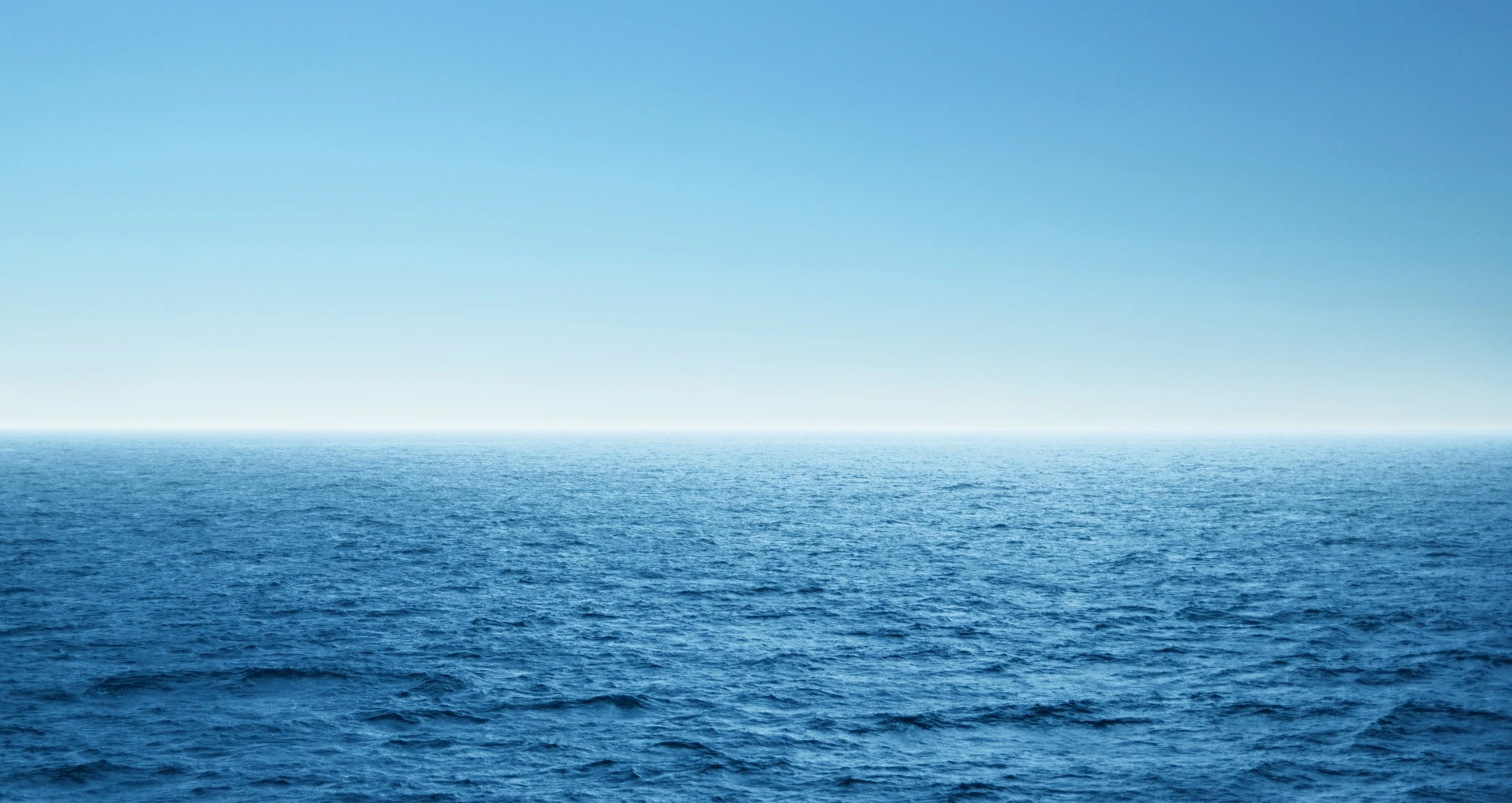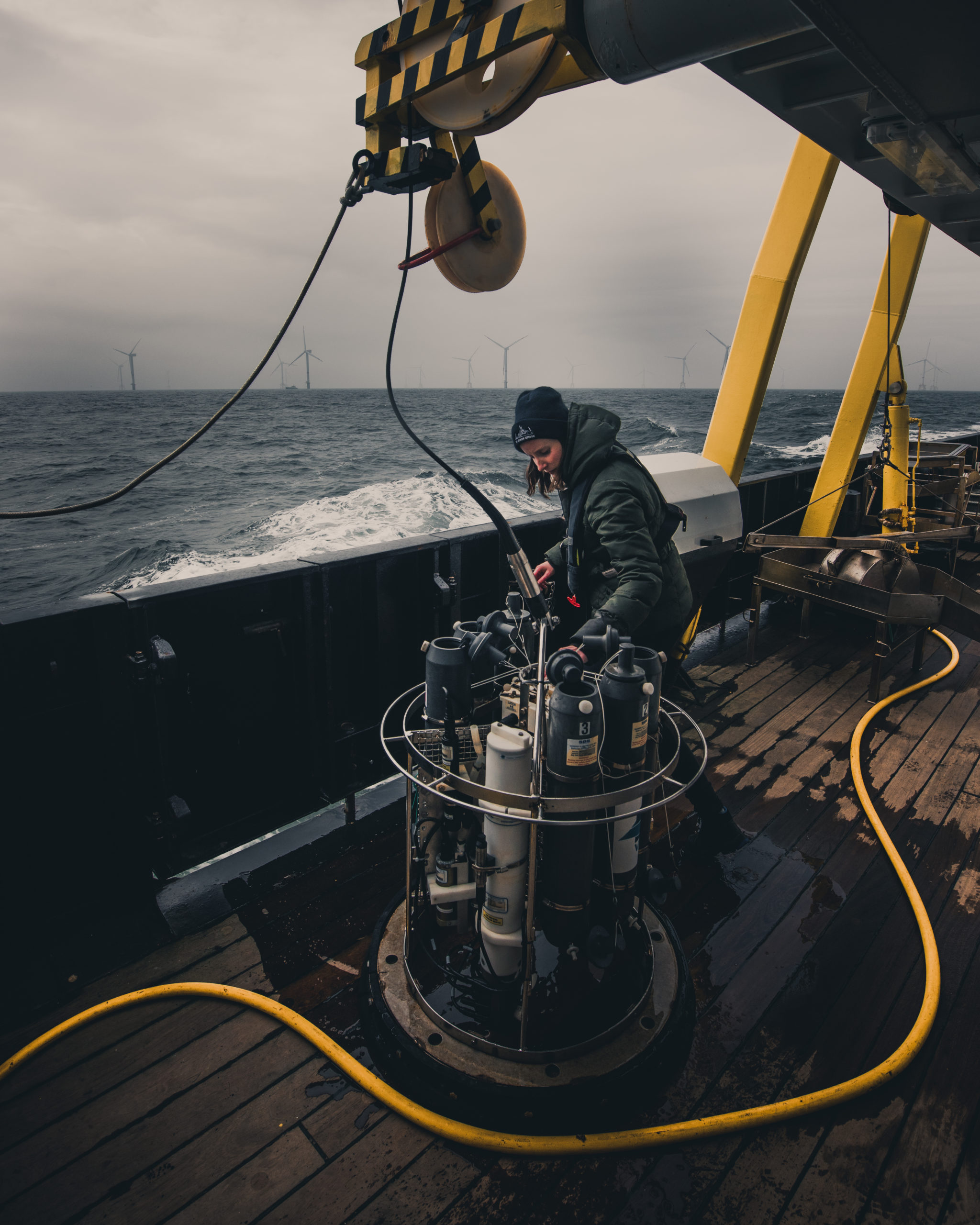The second onsite training session of the GEORGE project, Technical Forum II: Sensors, has now begun at the Flanders Marine Institute (VLIZ) in Ostend, Belgium. The event runs from 6 to 10 October 2025 and brings together technicians, engineers and scientists from European marine research infrastructures.
The application period for Technical Forum II was open in March-April 2025. Around 30 applicants from ICOS, EMSO and Euro-Argo and the affiliated organisations were chosen to participate in the training.
The Technical Forums are an important component of GEORGE, designed to train and engage participants in the use, deployment and integration of novel sensor technologies for observing the ocean carbon system. It provides a unique opportunity for attendees to collaborate with technology developers, instrument manufacturers and peers, receive hands-on training, and contribute feedback to the innovation process.
In contrast to last year’s first Technical Forum in Villefranche-sur-Mer, which focused on platform technologies, this edition centres on sensor technologies.
During the week, participants will engage in four full days of practical sessions, working directly with sensors, data workflows and system integration, interspersed with expert lectures. The range of technologies covered includes:
- the new 4HJena HydroC-CO₂ FT system combined with HydroFIA TA & pH for overconstraining the carbonate system
- Lab-on-Chip sensors for DIC, TA and a water sampler that can be used to collect carbonate chemistry samples over a long period, developed at NOC
- pH sensors from ClearWater Sensors (CWS)
- CAPASOS Calibrated pCO2 in air and surface ocean sensor from University of Exeter
- the ICOS portable pCO2 calibration unit
This second Technical Forum in 2025 marks an important step in the GEORGE’s ambition to embed advanced sensor technologies into European ocean observing systems.
“Sensors, technology and the people using them are at the forefront of observations in natural sciences and so is in the ocean carbon biogeochemistry sphere. The GEORGE project is focusing on the new generation of instrumentations and sensors used for marine carbon related parameters, such as dissolved inorganic carbon, total alkalinity, pH and partial pressure of carbon dioxide, so it is essential to present the new capabilities to the users (technicians, engineers and researchers)”, says Dr Thanos Gkritzalis, Marine Sensors Engineer at VLIZ and Principal Investigator of two ICOS Ocean Stations
“Equally important is to attract and train new users for these sensors, so that the observational capacity is maintained and strengthened. The 2nd GEORGE Technical Forum is an important milestone for the project and a valued event for the European Ocean Carbon Observation community”, he continues.
Alongside the on-site sessions, the GEORGE project team has been actively developing its online training platform. The online platform will include text and video based training materials, how-to-guides and instruction manuals. It has been designed to enhance the sustainability and impact of the technology innovations created in GEORGE. The participants of Technical Forum II will be given the opportunity to test the platform and offer feedback.
Follow GEORGE on LinkedIn, BlueSky and X to hear more updates!


